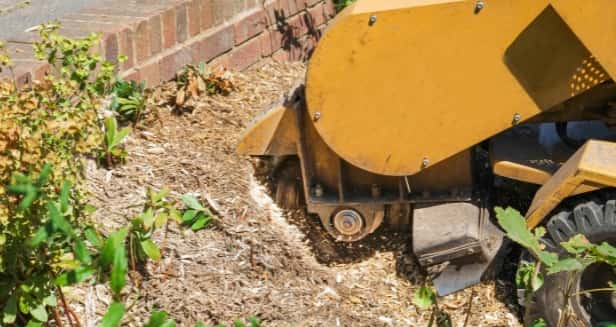A well-maintained hedge can add privacy, beauty, and structure to your property. However, when left unmanaged, hedges can quickly grow out of control and start to encroach on driveways. This not only creates an untidy appearance but can also make parking, manoeuvring vehicles, and pedestrian access more difficult. Over time, overgrown hedges can even cause damage to cars and hard surfaces due to scratches from branches or root spread beneath the surface.
If you want to keep your driveway looking neat, safe, and accessible all year round, regular hedge maintenance is essential.
Why Hedges Encroach on Driveways
Hedges grow continuously throughout the year, with the fastest growth typically occurring in spring and summer. If trimming is delayed, new shoots can extend across the edge of your driveway, narrowing the space and creating an uneven boundary. Certain hedge species, such as leylandii or laurel, are particularly fast-growing and require more frequent maintenance.
Other factors that can accelerate encroachment include:
- Fertile soil and regular rainfall, which encourage rapid growth.
- Neglecting annual or seasonal trimming, allowing shoots to extend unchecked.
- Poor planting distance, where the hedge is positioned too close to the driveway from the start.
Best Practices for Preventing Hedge Encroachment
The key to preventing hedge overgrowth is a consistent trimming schedule, combined with proper cutting techniques that promote healthy growth without weakening the hedge.
1. Trim Regularly and at the Right Time
Aim to trim your hedge at least twice a year—once in late spring after the first growth spurt, and again in late summer to maintain shape before winter. Fast-growing species may require more frequent attention to avoid rapid spread.
2. Maintain a Defined Edge
Use string lines or edging tools to keep a straight, clean boundary between your driveway and hedge. By creating a defined edge, you make it easier to spot early signs of overgrowth before it becomes a problem.
3. Shape the Hedge Correctly
A well-shaped hedge should be slightly wider at the base than the top to allow even light exposure. This not only improves health but also reduces the chance of branches leaning towards your driveway in search of sunlight.
4. Remove Overhanging Branches Early
Don’t wait for branches to start scratching vehicles or blocking entry—remove them as soon as they appear. Early intervention makes the job easier and reduces the risk of damaging the hedge’s main structure.
5. Use Professional Equipment for Neat Results
Achieving a crisp finish often requires the right tools, such as sharp hedge trimmers, long-reach cutters, and sturdy ladders for taller hedges. Using professional-grade equipment ensures a clean cut that encourages healthy regrowth.
The Benefits of Professional Hedge Maintenance
While light trimming can be done by property owners, larger or denser hedges are best managed by skilled professionals. Tree surgeons and hedge specialists have the expertise to:
- Identify the best trimming schedule for your hedge species.
- Remove excess growth without weakening the plant.
- Handle tall or difficult-to-reach hedges safely and efficiently.
- Improve the overall appearance and health of your boundary.
Professional hedge cutting not only prevents encroachment but also enhances the kerb appeal of your home, ensuring your driveway remains clear, welcoming, and safe to use.
Conclusion
Keeping a hedge from encroaching on your driveway requires consistent care, proper shaping, and timely intervention. By maintaining a defined edge and trimming regularly, you can preserve both the functionality of your driveway and the beauty of your landscape. For homeowners in Ipswich, Suffolk, Ipswich Tree Surgeons provides expert hedge cutting and maintenance services designed to keep boundaries neat, healthy, and under control. With the right care, your hedge can frame your driveway perfectly—without taking over.
Call us on: 01473 943 097
Click here to find out more about Ipswich Tree Surgeons
Click here to complete our contact form and see how we can help with your tree needs.

